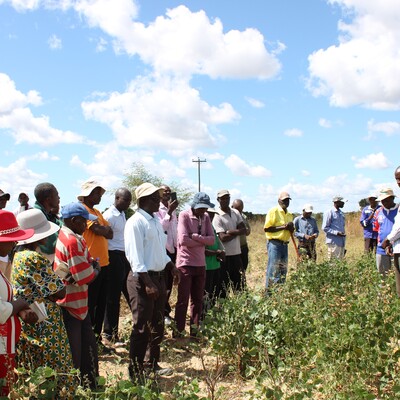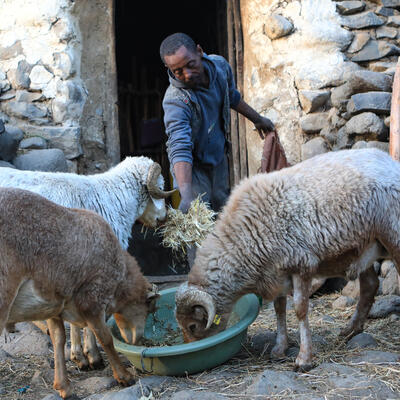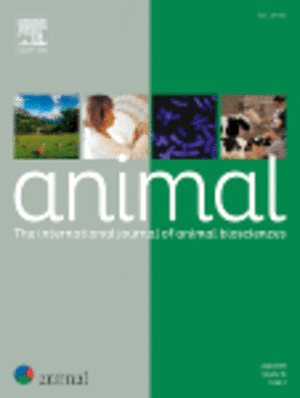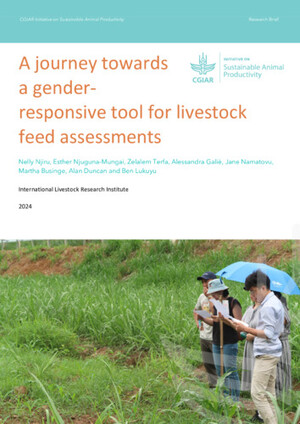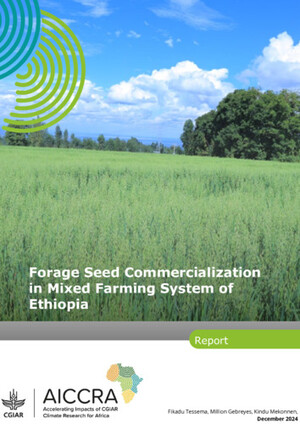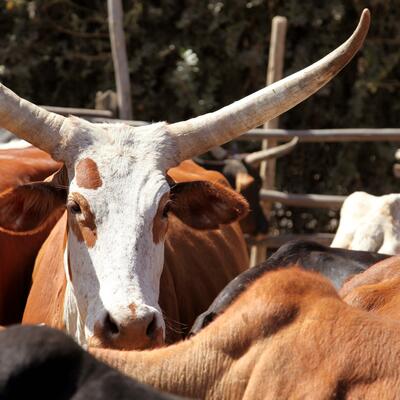
ILRI and the Brazilian Agricultural Research Corporation sign MoU to collaborate on the development of genomic tools for Napier (elephant) grass
Over the last 10 years, the International Livestock Research Institute (ILRI) and the Brazilian Agricultural Research Corporation (EMBRAPA) have worked together to identify priority areas of research for collaboration. These have included germplasm exchange and information sharing on elephant grass, and capacity development. This has now been formalized through the signing of a memorandum of understanding (MoU) between the two institutions.
In Brazil, South America, EMBRAPA is an innovation-driven company that focuses on the generation of knowledge and technology for Brazilian agriculture. EMBRAPA was established by the Brazilian Ministry of Agriculture, Livestock and Food Supply and tasked with providing food security to the country.
Chris Jones, program leader for feed and forage development at ILRI, shares, ‘ILRI has developed genomic tools while EMBRAPA has an active breeding program for elephant grass, this is an ideal opportunity to put those capabilities together and show how genomics can be used to accelerate the rate of genetic gain in elephant grass improvement.’
The MoU serves as an official reference to the agreed areas of collaborations, with a primary focus on the development of tools to assist with the selection of more productive and stress-resistant cultivars. Scientists from EMBRAPA and ILRI have worked closely together to identify quantitative trait loci that will determine the genetic responses of elephant grass genotypes to different production environments. Such plant breeding capabilities at EMBRAPA and elsewhere support the development of new and improved cultivars to improve livestock production systems.
This enhanced partnership is an example of the One CGIAR transition to working in collaboration with national partners to ensure greater impact.







